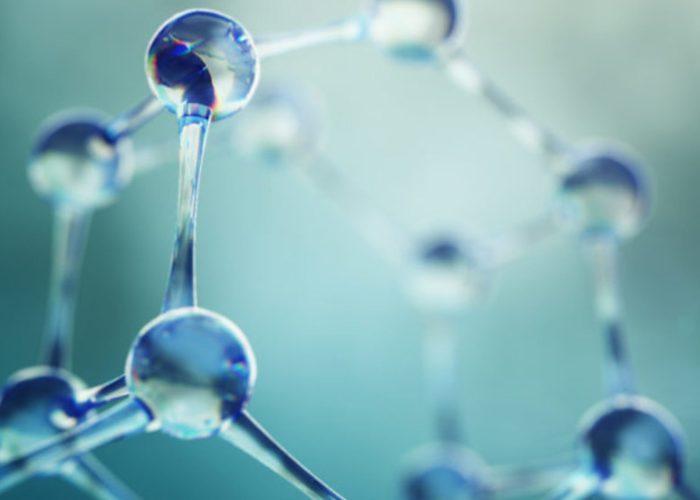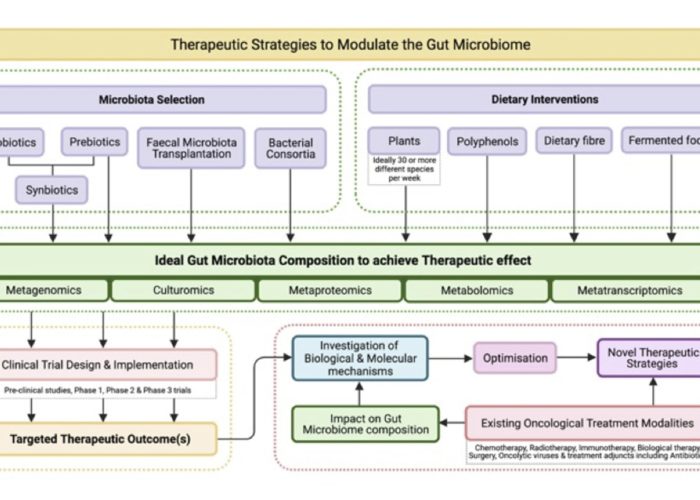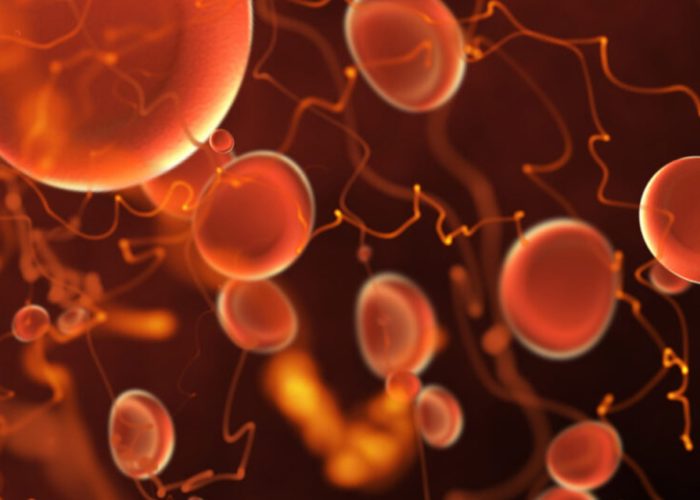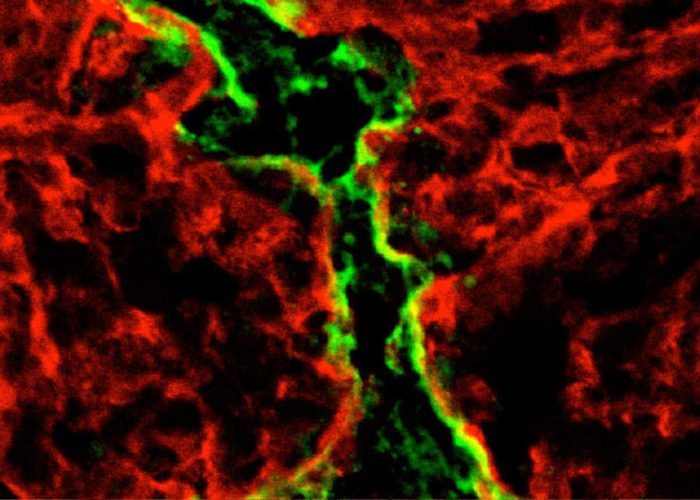Month: May 2020
Stanford’s smart toilet analyzes urine and feces for signs of disease
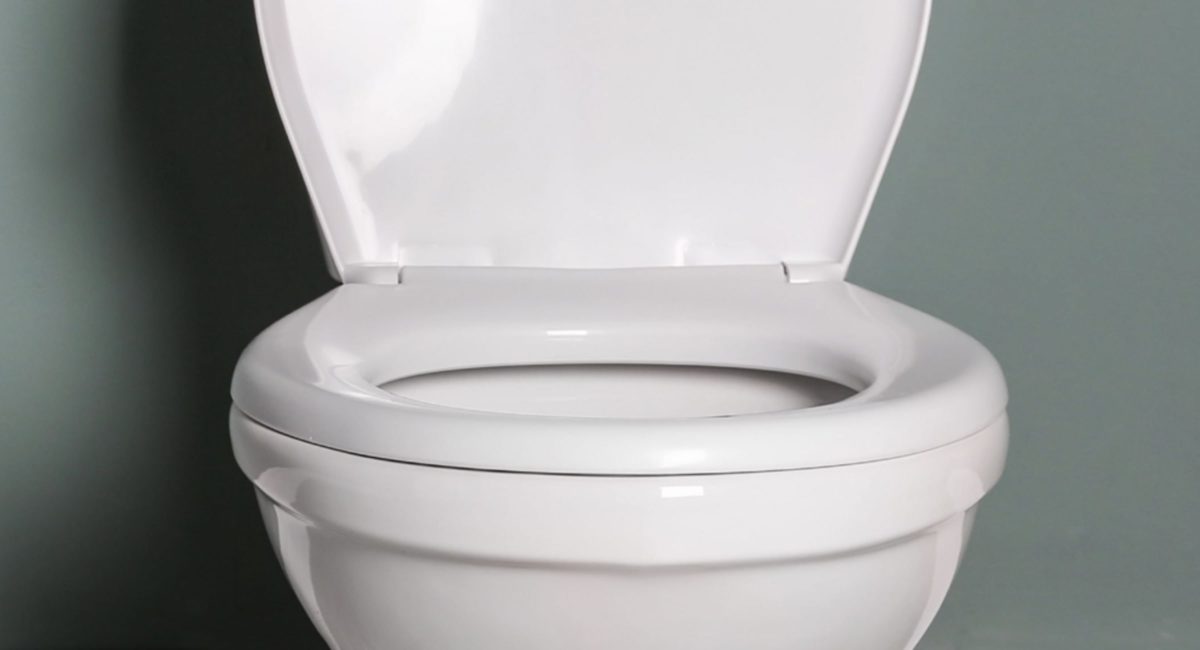
The toilets of the future will scan and analyze human waste in detail for faster detection of various diseases.
Human urine and feces contain a lot of information about human health and wellbeing, and therefore scientists and engineers are developing new technologies that could help us unlock it. Among them is a group of scientists from Stanford University, which is developing new disease-detecting technology in the lab.
They recently introduced a new type of “smart toilet” fitted with the technology that automatically scans urine and faeces for possible signs of disease. The intelligent toilet system can detect different types of cancer, such as colorectal or urologic cancers, as well as some digestive and kidney disorders.
“When I’d bring it up, people would sort of laugh because it seemed like an interesting idea, but also a bit odd,” said Gambhir, professor, and chair of radiology. With a pilot study of 21 participants now completed, Gambhir and his team have made their vision of a precision health-focused smart toilet a reality.
The advantage of this toilet system is that it can be installed relatively easily on an existing toilet and adapts to the inside of the bowl. The attachment is packed with various sensors and cameras that capture video of urine and feces, which is then processed by a set of algorithms that can distinguish normal “urodynamics” (flow rate, stream time and total volume, among other parameters) and stool consistencies from those that are unhealthy.
Of course, the device also monitors biological characteristics such as white blood cell counts and levels of certain important proteins that are indicative of a variety of diseases.
To differentiate the plurality of people who will probably use the smart toilet, the system is equipped with a fingerprint scanner on the flush lever. However, the Gambhir team realized that there might be scenarios in which one person uses the toilet, but another flush it or the toilet drains automatically after use. To solve this problem, the team added a small scanner that images a rather camera-shy part of the body.
“We know it seems weird, but as it turns out, your anal print is unique,” said Sanjiv “Sam” Gambhir, professor and chair of radiology. The scans – both finger and nonfinger – are used purely as a recognition system to match users to their specific data. No one, not you or your doctor, will see the scans.
To test its concept, the team carried out a pilot study involving 21 participants. For several months, all of them used the toilets, which enabled scientists to establish personalized health checks. Gambhir hopes to test it with more adherents as they continue to make improvements, such as a real biochemical analysis of stool.
Gambhir’s other goal is to further develop a molecular analysis for stool samples. “That’s a bit trickier, but we’re working toward it,” Gambhir said. “The smart toilet is the perfect way to harness a source of data that is typically ignored – and the user doesn’t have to do anything differently.”
Story Source: https://www.techexplorist.com/stanford-smart-toilet-analyzes-urine-poop-signs-disease/31501/
Continue Reading
Related Articles
Ketogenic Diets Alter Gut Microbiome in Humans and Mice

Study Suggests Potential Anti-Inflammatory Properties of Ketone Bodies Via Effects on Gut Microbial Ecosystems
Low-carb, high-fat ketogenic diets, which have attracted public interest in recent years for their proposed benefits in lowering inflammation and promoting weight loss and heart health, have a dramatic impact on the microbes residing in the human gut, collectively referred to as the microbiome, according to a new UC San Francisco study of a small cohort of volunteer subjects.
Additional research in mice showed that so-called ketone bodies, a molecular byproduct that gives the ketogenic diet its name, directly impact the gut microbiome in ways that may ultimately suppress inflammation, suggesting evidence for potential benefits of ketone bodies as a therapy for autoimmune disorders affecting the gut.
In ketogenic diets, carbohydrate consumption is dramatically reduced in order to force the body to alter its metabolism to using fat molecules, rather than carbohydrates, as its primary energy source – producing ketone bodies as a byproduct – a shift that proponents claim has numerous health benefits.
“I got interested in this question because our prior research showed that high-fat diets induce shifts in the gut microbiome that promote metabolic and other diseases in mice, yet ketogenic diets, which are even higher in fat content, have been proposed as a way to prevent or even treat disease,” said Peter Turnbaugh, PhD, a UCSF associate professor of microbiology and immunology, member of the UCSF Benioff Center for Microbiome Medicine and a Chan Zuckerberg Biohub Investigator. “We decided to explore that puzzling dichotomy.”
In their new study, published May 20, 2020, in Cell, Turnbaugh and colleagues partnered with the nonprofit Nutrition Science Initiative to recruit 17 adult overweight or obese nondiabetic men to spend two months as inpatients in a metabolic ward where their diets and exercise levels were carefully monitored and controlled.
For the first four weeks of the study, the participants were given either a “standard” diet consisting of 50 percent carbs, 15 percent protein and 35 percent fat, or a ketogenic diet comprising 5 percent carbs, 15 percent protein and 80 percent fat. After four weeks, the two groups switched diets, to allow the researchers to study how shifting between the two diets altered participants’ microbiomes.
Analysis of microbial DNA found in participants’ stool samples showed that shifting between standard and ketogenic diets dramatically changed the proportions of common gut microbial phyla Actinobacteria, Bacteroidetes, and Firmicutes in participants’ guts, including significant changes in 19 different bacterial genera. The researchers focused in on a particular bacterial genus – the common probiotic Bifidobacteria – which showed the greatest decrease on the ketogenic diet.
To better understand how microbial shifts on the ketogenic diet might impact health, the researchers exposed the mouse gut to different components of microbiomes of humans adhering to ketogenic diets, and showed that these altered microbial populations specifically reduce the numbers of Th17 immune cells – a type of T cell critical for fighting off infectious disease, but also known to promote inflammation in autoimmune diseases.
Follow-up diet experiments in mice, in which researchers gradually shifted animals’ diets between low-fat, high-fat and low-carb ketogenic diets, confirmed that high-fat and ketogenic diets have opposite effects on the gut microbiome. These findings suggested that the microbiome responds differently as the level of fat in the animals’ diet increases to levels that promote ketone body production in the absence of carbs.
The researchers observed that that as animals’ diets were shifted from a standard diet towards stricter carbohydrate restriction, their microbes also began shifting, correlated with a gradual rise in ketone bodies.
“This was a little surprising to me,” Turnbaugh said. “As someone who is new to the keto field, I had assumed that producing ketone bodies was an all-or-nothing effect once you got to a low enough level of carb intake. But this suggests that you may get some of the effects of ketosis quite quickly.”
The researchers tested whether ketone bodies alone could drive the shifts they had seen in the gut’s microbial ecosystem by directly feeding ketone bodies to mice. They found that even in mice who were eating normal amounts of carbohydrates, the mere presence of added ketones was enough to produce many of the specific microbial changes seen in the ketogenic diet.
“This is a really fascinating finding because it suggests that the effects of ketogenic diets on the microbiome are not just about the diet itself, but how the diet alters the body’s metabolism, which then has downstream effects on the microbiome,” Turnbaugh said. “For many people, maintaining a strict low-carbohydrate or ketogenic diet is extremely challenging, but if future studies find that there are health benefits from the microbial shifts caused by ketone bodies themselves, that could make for a much more palatable therapeutic approach.”
Story Source: https://www.ucsf.edu/news/2020/05/417466/ketogenic-diets-alter-gut-microbiome-humans-mice
DOI: https://doi.org/10.1016/j.cell.2020.04.027
Continue Reading
